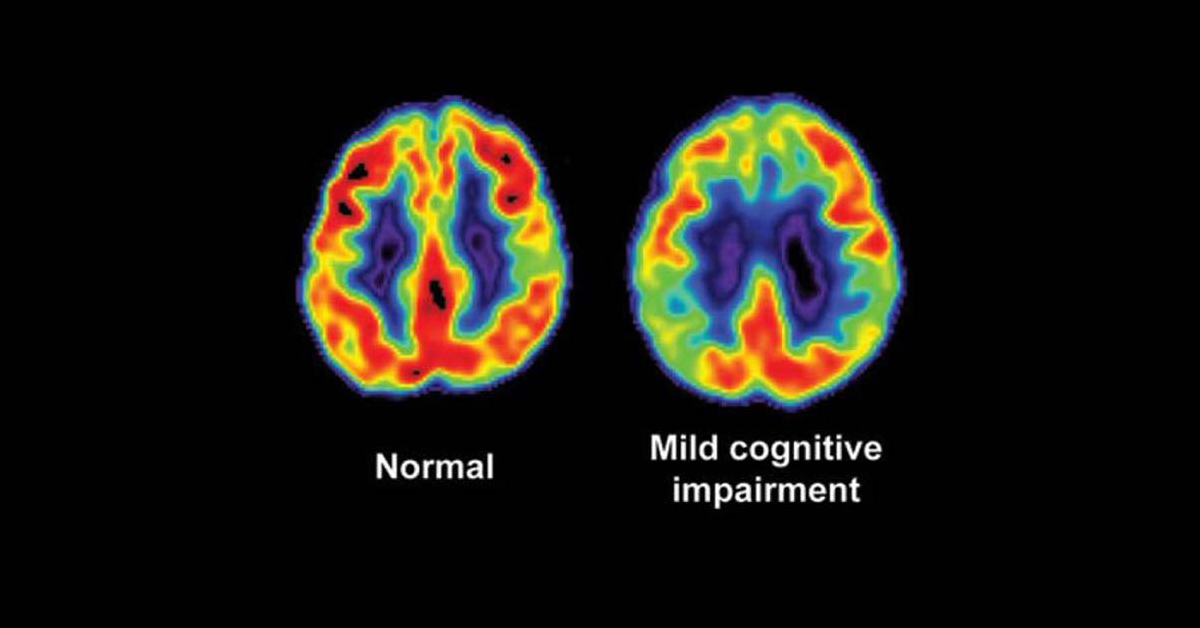

Atrial Fibrillation
What is Atrial Fibrillation?
Atrial Fibrillation, also referred to as AFib, is an irregular and often rapid heartbeat that is commonly described as a “fluttering” or “pounding” sensation. If left untreated, it can lead to blood clots, heart failure, stroke and other heart-related complications.
It’s one of the most common heart rhythm problems among adults in the U.S., impacting about 9% of people age 65 or older and 2% of people under age 65. It’s common in people who have other heart conditions, such as atherosclerosis and high blood pressure (hypertension).
What are the Symptoms of Atrial Fibrillation?
Although atrial fibrillation doesn’t always present symptoms, some of its more common symptoms include:
- Chest pain
- Dizziness
- Fatigue
- Lightheadedness
- Sensations of a fluttering or pounding heartbeat
- Shortness of breath
- Weakness
How We Diagnose Atrial Fibrillation
Our doctors will check your pulse for a regular beat and rhythm and may order or an Electrocardiogram to diagnose AFib.
Heart Screenings, Prevention and Diagnostics

New Hope for Florham Park Man With AFib
How We Treat Atrial Fibrillation
It’s critical to manage atrial fibrillation to reduce your risk of heart failure, stroke and other heart-related complications. We use the most current treatments and technologies available to treat atrial fibrillation, including:
- Cardiac ablation to block irregular electrical signals in the heart
- Medications to regulate the heartbeat
- Healthy diet and lifestyle to slow the heart rate and decrease blood pressure
- Left atrial appendage closure (LAAO) to help prevent strokes in patients with atrial fibrillation (such as the Watchman device)
Our Doctors
Why Choose Us for Heart Care

Atrial Fibrillation and Dementia Link






